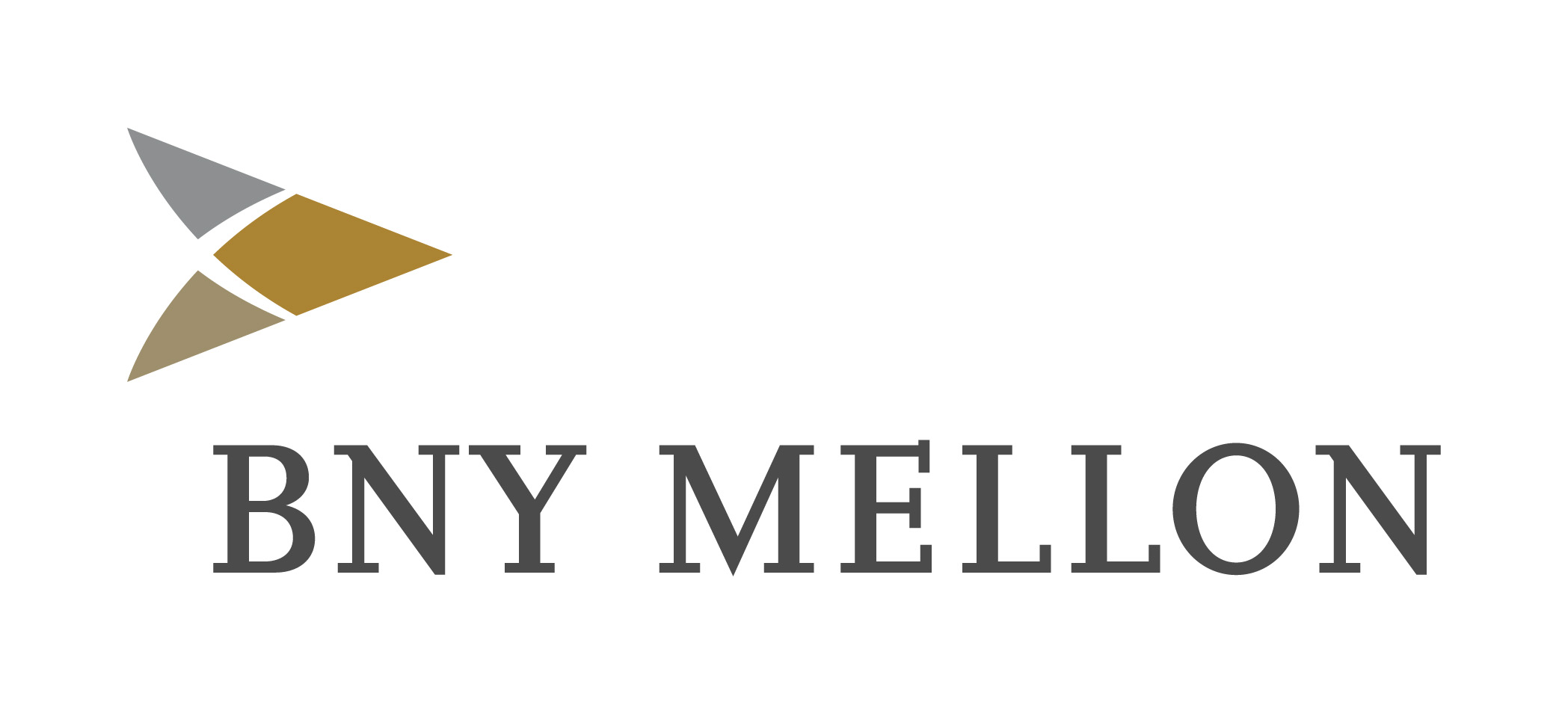Connecting Food and Health Can Be a Matter of Life and Death

As part of BNY Mellon’s global initiative to raise awareness of food security and waste, R. Jeep Bryant, executive vice president for marketing and corporate affairs, shares his thoughts on the issues. This is the third in a four-part series.
Connecting Food and Health Can Be a Matter of Life and Death
Who doesn’t know food and health are connected? We’re constantly bombarded with messages about it, from ads telling us to drink milk to doctors endorsing diet and exercise programs.
But for some people, the connection can be a matter of life and death.
Images of starving children and the homeless are heart-wrenching. But hunger and under-nutrition have many faces, and they’re not always the faces you see on the nightly news.
After all, food insecurity isn’t just about not having enough to food to eat or not knowing where your next meal will come from. It’s also not having enough nutritious food, something that’s especially important for people with critical illnesses. Your friend with breast cancer could be suffering from under-nutrition, as could your neighbor with HIV.
Why is that? Aside from the obvious reasons of being too sick to shop or cook, people with diseases are often under-nourished because the diseases or related treatments make it too hard for them to actually eat and digest food. And that can affect their recovery and ability to live with the illness, because sometimes they have specific nutritional needs. For example, people with cancer often need more protein to heal tissues and fight infections after surgery or chemotherapy. People with malaria often need more iron, since it infects red blood cells and can cause anemia.
So nutrition is important on both sides of the equation. People who are sick can’t get better unless they’re properly nourished, and healthy people need to be properly nourished so they can increase their chances of not getting sick in the first place. Nutritious food is just one of the things that play a role in maintaining our health, and if we don’t have access to it, we’re more vulnerable to disease and infection.
So what can we do?
On a personal level, we can look after our own nutritional needs and those of our families. But we can also do things to help address under-nutrition on a larger scale, both around the corner and across the world.
We can encourage sustainable development to eliminate food deserts, increasing access to nutritious food in communities where it isn’t readily available. We can support cooperative initiatives by industries, governments and NGOs like UNICEF that address specific issues, such as the movement to universally iodize salt. And we can support agencies that provide medically-appropriate meals, nutrition counseling and education to people who need them, like Community Servings in Boston and God’s Love We Deliver in New York.
I think it was Hippocrates who said that healing is a matter of time, but sometimes also a matter of opportunity. If we have the chance, shouldn’t we try to give better opportunities to people who need them?

